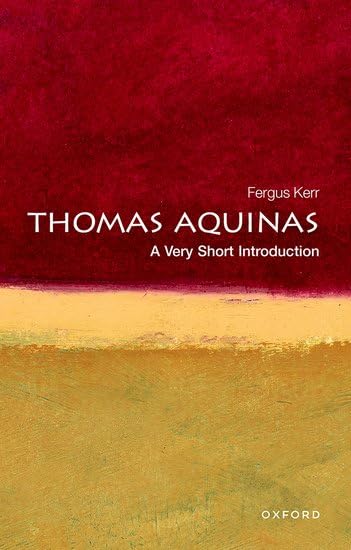Why Study Thomistic Philosophy?
From Pope Pius XII's encyclical
Humani
Generis (1950):
It is well known how highly the Church regards human reason, for it falls to reason to demonstrate with certainty the existence of God, personal and one [cf. natural theology]; to prove beyond doubt from divine signs the very foundations of the Christian faith [cf. apologetics]; to express properly the law which the Creator has imprinted in the hearts of men [cf. ethics]; and finally to attain to some notion, indeed a very fruitful notion, of mysteries [cf. sacred theology]. (7)
But reason can perform these functions safely and well only when properly trained, that is, when imbued with that sound philosophy which has long been, as it were, a patrimony handed down by earlier Christian ages, and which moreover possesses an authority of an even higher order, since the Teaching Authority of the Church, in the light of divine revelation itself, has weighed its fundamental tenets, which have been elaborated and defined little by little by men of great genius. For this philosophy, acknowledged and accepted by the Church, safeguards the genuine validity of human knowledge, the unshakable metaphysical principles of sufficient reason, causality, and finality, and finally the mind's ability to attain certain and unchangeable truth . . .
If one considers all this well, he will easily see why the Church demands that future priests be instructed in philosophy "according to the method, doctrine, and principles of the Angelic Doctor," (8) since, as we well know from the experience of centuries, the method of Aquinas is singularly preeminent both of teaching students and for bringing truth to light; his doctrine is in harmony with Divine Revelation, and is most effective both for safeguarding the foundation of the faith and for reaping, safely and usefully, the fruits of sound progress.
----------------
Notes:
7. Vatican I (Denzinger 1796).
8. CIC can. 1366, 2.
On Thomas Aquinas:
"St. Thomas illuminated the Church
more than all the other Teachers. It profits a man more to spend one year
with St. Thomas' books, than to spend the whole time of life with the
teaching of others."
Ipse plus illuminavit Ecclesiam, quam omnes alii Doctores:
in cuius libris plus proficit homo uno anno, quam in aliorum doctrina
toto tempore vitae suae. – Pope John XXII (1318)
"It is because the contemporary alternatives seem so one-sided and are not more evidently solutions to the problems which Thomas faced, and partly solved, that we return to him and to the tradition of theology and philosophy in which his Summa Theologiae appears: theology as the science of the first principle and this as the total knowledge of reality in its unity." -- Wayne J. Hankey, God in Himself (Oxford University Press, 1987), p.159.





















